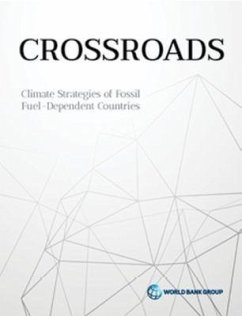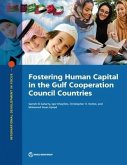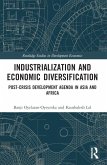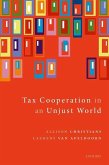This book is the first stocktaking of what the decarbonization of the world economy means for fossil fuel+"dependent countries. These countries are the most exposed to the impacts of global climate policies and, at the same time, are often unprepared to manage them. They depend on the export of oil, gas, or coal; the use of carbon-intensive infrastructure (for example, refineries, petrochemicals, and coal power plants); or both. Fossil fuel+"dependent countries face financial, fiscal, and macro-structural risks from the transition of the global economy away from carbon-intensive fuels and the value chains based on them. This book focuses on managing these transition risks and harnessing related opportunities. Diversification and Cooperation in a Decarbonizing World identifies multiple strategies that fossil fuel+"dependent countries can pursue to navigate the turbulent waters of a low-carbon transition. The policy and investment choices to be made in the next decade will determine these countries' degree of exposure and overall resilience. Abandoning their comfort zones and developing completely new skills and capabilities in a time frame consistent with the Paris Agreement on climate change is a daunting challenge and requires long-term revenue visibility and consistent policy leadership. This book proposes a constructive framework for climate strategies for fossil fuel+"dependent countries based on new approaches to diversification and international climate cooperation. Climate policy leaders share responsibility for creating room for all countries to contribute to the goals of the Paris Agreement, taking into account the specific vulnerabilities and opportunities each country faces.
Hinweis: Dieser Artikel kann nur an eine deutsche Lieferadresse ausgeliefert werden.
Hinweis: Dieser Artikel kann nur an eine deutsche Lieferadresse ausgeliefert werden.








